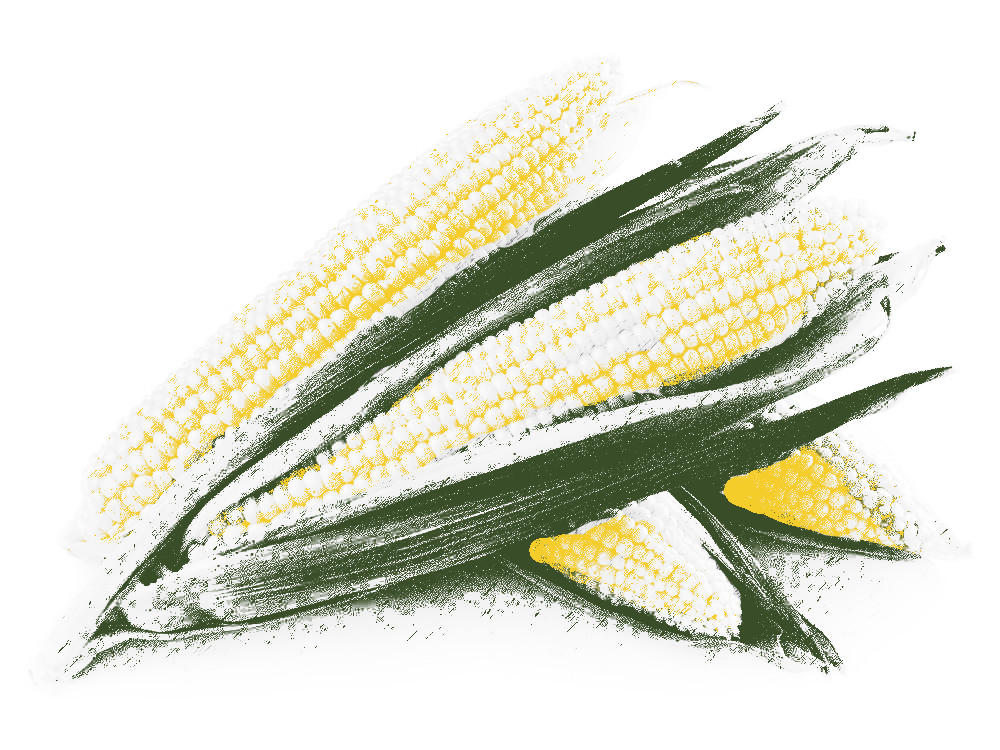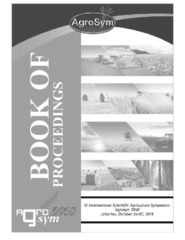Приказ основних података о документу
Improved maize cropping technology to reduce the impact of climate changes
| dc.creator | Simić, Milena | |
| dc.creator | Kresović, Branka | |
| dc.creator | Dragičević, Vesna | |
| dc.creator | Tolimir, Miodrag | |
| dc.creator | Brankov, Milan | |
| dc.date.accessioned | 2022-10-26T07:22:43Z | |
| dc.date.available | 2022-10-26T07:22:43Z | |
| dc.date.issued | 2018 | |
| dc.identifier.isbn | 978-99976-718-8-2 | |
| dc.identifier.uri | http://rik.mrizp.rs/handle/123456789/1032 | |
| dc.description.abstract | Maize (Zea mays L.) is the highest ranking crop in terms of area and production in Serbia. During the whole growing period maize requires high temperatures and sufficient amounts of precipitation. High yields could be achieved on loose and porous soil with good capacity for water and those containing easily-accessible nutrients. The agro-ecological conditions for maize production differ over various regions of Serbia and meteorological parameters can seriously influence maize cultivation. Natural hazards, such as the occurrence of frosts, heavy rains in spring, floods, storms, hail, droughts, cause stress and to a significant degree can reduce or destroy maize yields. The application of appropriate cropping practices mitigates adverse effects of climate and soil and provides conditions for the maximum utilisation of the genetic yielding potential of maize hybrids. A system of measures that encompasses proper crop rotation, primary soil tillage, fertilisation, sowing date and density, irrigation, as well as some ecological measures such as intercropping or cover crops, are basic prerequisites for successful production of maize in Serbia. Many producers do not use these measures at the appropriate level even though results shows that fertilisation can improve maize yields from 7.87 t/ha to 10.00 t/ha under rainfed and from 9.42 t/ha to 12.32 t/ha under irrigated conditions. Irrigation can also increase maize yields by more than 30%. In the study, good agricultural practices as components of an improved technologies that could help to reduce the impacts of natural hazards and obtain high and stable yields, are identified and validated. | sr |
| dc.language.iso | en | sr |
| dc.publisher | Republic of Srpska, Bosnia : University of East Sarajevo, Faculty of Agriculture | sr |
| dc.relation | info:eu-repo/grantAgreement/MESTD/Technological Development (TD or TR)/31037/RS// | sr |
| dc.rights | openAccess | sr |
| dc.rights.uri | https://creativecommons.org/licenses/by/4.0/ | |
| dc.source | 9. International scientific agriculture symposium “AGROSYM 2018”, Jahorina, 04-07.10.2018. - Book of proceedings | sr |
| dc.subject | maize | sr |
| dc.subject | cropping practices | sr |
| dc.subject | yield | sr |
| dc.subject | natural disasters | sr |
| dc.subject | drought | sr |
| dc.title | Improved maize cropping technology to reduce the impact of climate changes | sr |
| dc.type | conferenceObject | sr |
| dc.rights.license | BY | sr |
| dc.citation.spage | 631 | |
| dc.citation.epage | 639 | |
| dc.identifier.fulltext | http://rik.mrizp.rs/bitstream/id/4913/5.2018.pdf | |
| dc.identifier.rcub | https://hdl.handle.net/21.15107/rcub_rik_1032 | |
| dc.type.version | publishedVersion | sr |


